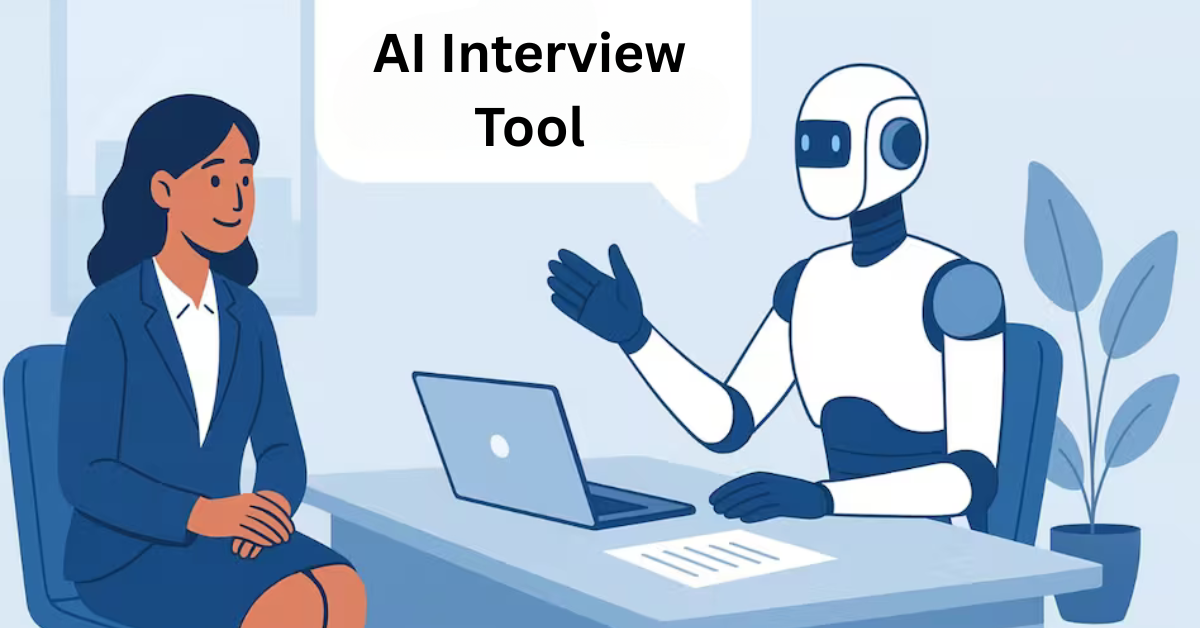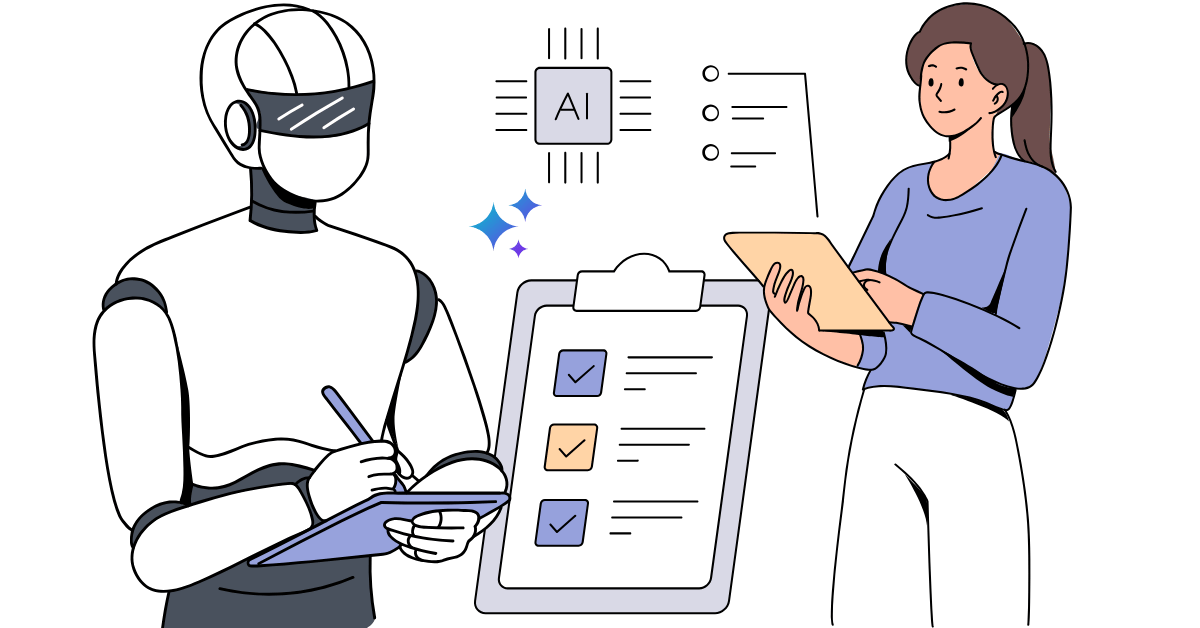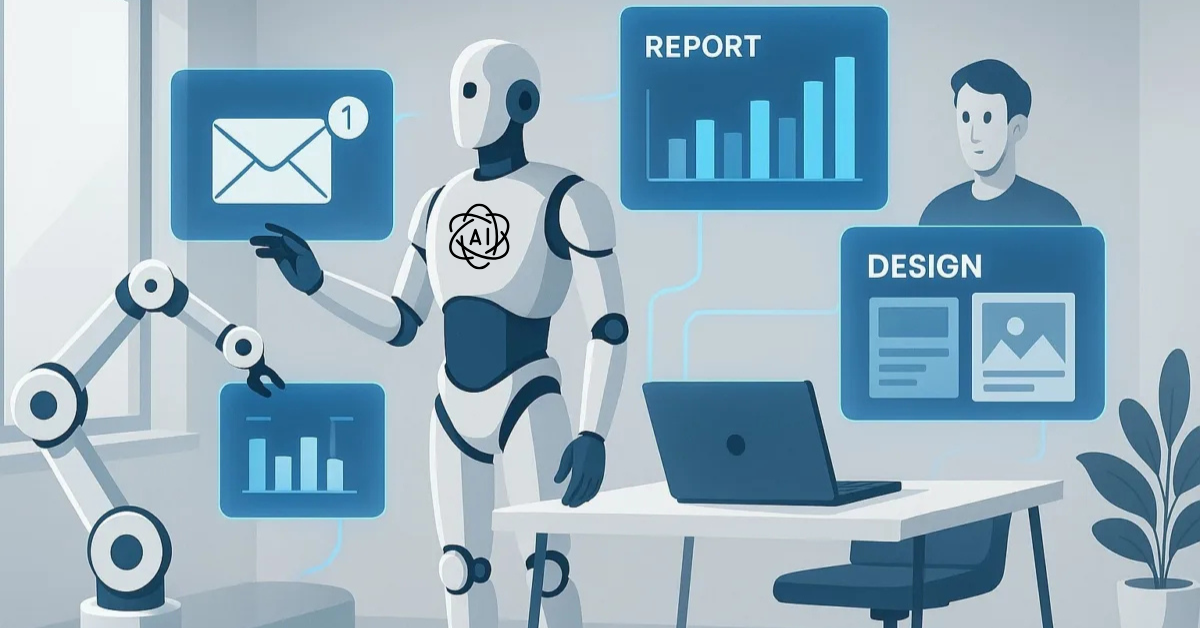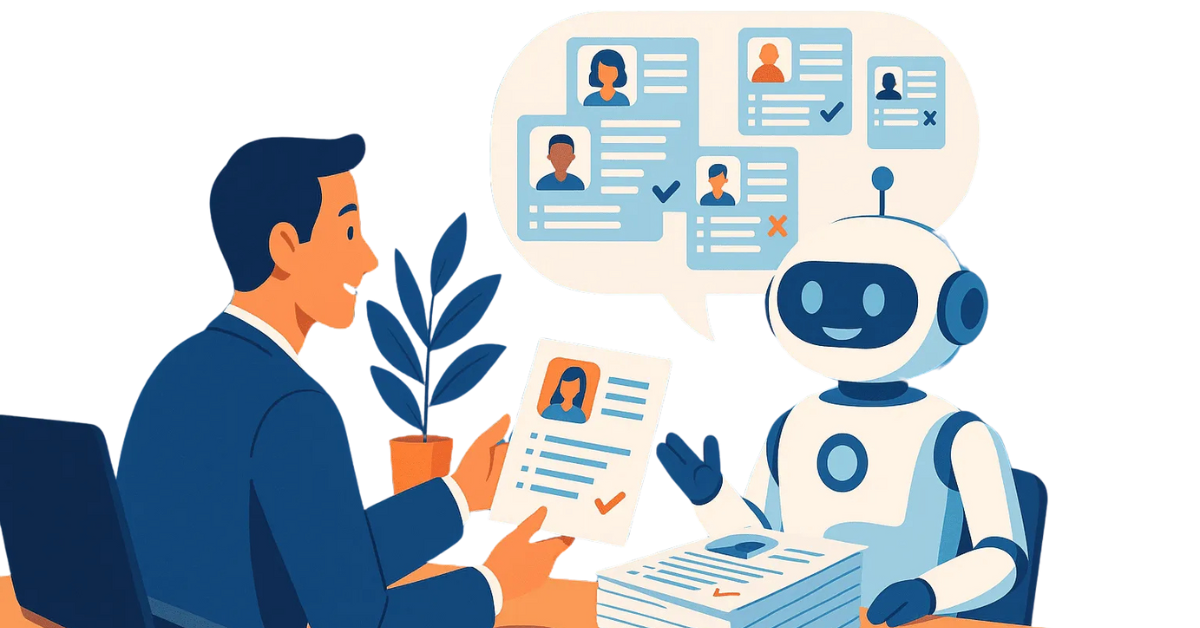Recruitment was never easy, but in 2025, it has come to a tipping point. HR managers are asked to provide swifter outcomes, cope with increased work volumes, and conform to tighter Budget constraints. Meanwhile, candidates demand fairness, speedy turnaround times, and a seamless experience from point to point.
Managing those expectations with traditional approaches is tricky. What comes to the rescue here are AI interview tools. They are no longer convenient; they are necessary.
This blog discusses why implementing an AI interview tool is a strategic imperative for HR managers in 2025.
Speed and Efficiency of Screening
Recruitment normally gets initiated with shortlisting CVs and conducting a preliminary interview. These preliminary stages can consume humongous amounts of time, exhausting HR people even prior to entering the decision-making process.
Sifting through hundreds of CVs, scheduling first calls, and shortlisting good profiles normally spans weeks. All the while, good candidates are already being poached by competition.
AI interview software removes this obstacle through automation. Machine learning systems browse through resumes in minutes, identify key competencies, shortlist potential candidates who have job competencies, and eliminate biases.
Besides resumes, the software conducts automatic video calls or text-based interviews, evaluating answers in real time as well as shortlisting in priority order. Unlike taking days in screen drudgery, HR managers receive pre-packaged output in hours.
The effect on recruiting cycles is dramatic. A recruiting cycle that previously took weeks to accomplish can now occur in days. That efficiency not only compresses time cycles, it also gets managers free to focus their time on broader strategy initiatives like workforce planning, leadership alignment, or employee development.
Candidates also gain from the speed, in that they are not kept in limbo for weeks on end. Speed, in this case, is all too often the differential between success and failure. This efficiency is therefore transformative.
Objectivity and Consistency in Assessment
One of the most challenging issues in recruiting is being fair. Well-intentioned interviewers themselves may be influenced by unconscious prejudice, mood, or a change in judgment. These may lead to missed opportunities, poor hires, as well as damage to an organisation’s reputation for fairness.
AI technologies bring efficiency to the process through standardization. All applicants are administered the same question pool, in the same format and marked under the same grading mechanism. What this ensures is that the decision is strictly based on skill, performance, and fit as opposed to extraneous information.
Coding assignments for technical positions, programming tests, logical reasoning tests, or essay-type answers can be automatically graded by AI systems. This makes the valuation objective instead of depending on subjective notions. Removing any kind of variability, AI creates a level playing field for all aspirants.
This fairness is ethically important, all right but it is practical too. Companies that hire over and over again on the basis of merit put together stronger, more able teams, free from the handicap that is created through prejudice. For HR managers, this is good long-term performance as well as more faith in their recruiting.
Improved Candidate Experience
Candidate experience is of utmost significance in 2025. If it is too sluggish or unclear, talent is lost. The utilisation of AI interview software allows for a smoother experience on multiple fronts. Automated scoring finds candidates receiving feedback much faster, and this keeps them engaged.
They can interview at their own convenient hour, regardless of time zone. Additionally, chatbots that are AI-based answer questions right away and keep applicants updated as they move forward with the process. These, among many others, instil confidence and reinforce an organisation’s reputation.
Making Decisions Based on Data
Modern recruitment depends heavily on data. At each stage, AI interview tools produce detailed information such as completion rates, feedback scores, and performance indicators. This data helps managers identify weak spots, refine questions, and adjust hiring strategies.
For example, if candidates consistently struggle with a specific question, the manager can review and improve it. Over time, this continuous improvement raises the overall quality, of the hiring process. Decisions are made using evidence, not assumptions, which gives managers greater confidence.
Scalability for Growing Businesses
Expanding organisations need to suddenly accommodate large volumes of hiring requirements. Classic approaches fail to scale and cause slowdowns and unequal evaluations. The interview software offered by AI is scalable. It handles large volumes of applicants without slowing pace or decreasing accuracy.
Whether you need to fill one opening or several hundred positions, this software treats every applicant with equal attention. That adaptability, by itself, benefits firms that are growing very quickly or firms that handle recurring hiring surges during seasons.
Encouraging Inclusion and Diversity
Diversity and inclusion are understood to provide sources of strength in motivating creativity, innovation, and resilience. But achieving these goals is not easy since unconscious bias all too often interferes with conventional hiring. Candidates are judged, even unwittingly, on their background, gender, or educational history rather than their potential.
AI interview systems address this challenge head-on. The majority of systems de-identify candidate information so that only performance is judged. As opposed to examining where one attended school or how one presents themselves, the system presents what one is capable of.
This approach opens doors to underrepresented segments and expands pools of available talent. Long term, diverse recruitment helps create workplace cultures in which diverse views thrive. For HR managers, this is not only in line with ethical responsibility but also enhances organisational competitiveness. Diverse teams are better placed to innovate, adapt, and solve complex problems.
Lowering Costs and Optimising ROI
Recruiting is not only time-consuming, but it is also costly. Expenses are generated from recruiter fees, interview travel arrangements, prolonged vacancies, and administrative costs. A poor hire creates still more costs in turnover, retraining, and lost production.
AI technologies provide cost reductions through addressing these challenges upfront:
- Reduced recruiter fees: Automated screening decreases third-party agency reliance.
- Smaller unfilled gaps: Faster processes minimize lost cycles due to prolonged gaps.
- Reduced turnover: Improved candidate fit means newer employees remain for longer periods and are more productive.
These efficiencies are translated into higher return on investment (ROI) right away. Where budgets are tight, AI interview software helps HR managers demonstrate unequivocal value to leadership. Recruiting is no longer perceived as a cost centre but as a savings and revenue source.
Conclusion
AI redefined recruitment’s future. What HR managers use in 2025 decides whether recruitment campaigns are successful or not. It is non-negotiable to use an interview AI tool. It is necessary to recruit faster and more equally to scale up or scale down, reduce costs and enhance candidate satisfaction. IntervueBox is a leading platform designed for this new era of recruitment.
It allows managers to set up roles quickly, upload or collect candidate profiles, and create customised AI interview agents. With bulk invite options, asynchronous interviews, and instant automated reports, IntervueBox simplifies every stage of the hiring process. It also provides data-driven insights that improve decisions and ensure fair, skill-focused evaluations that support diversity.



